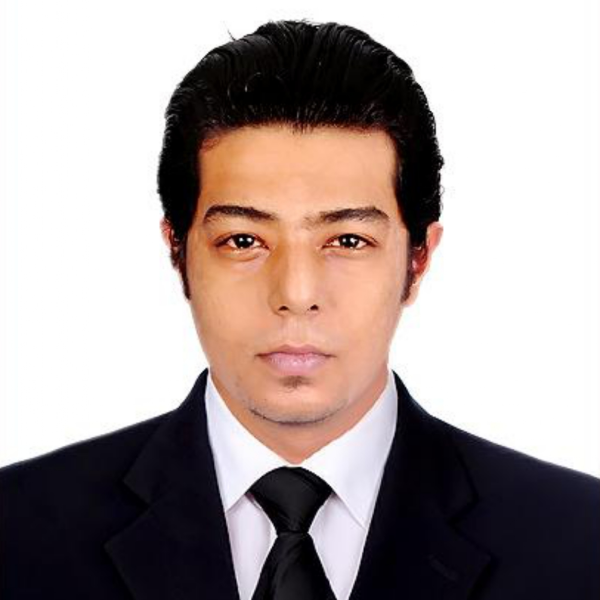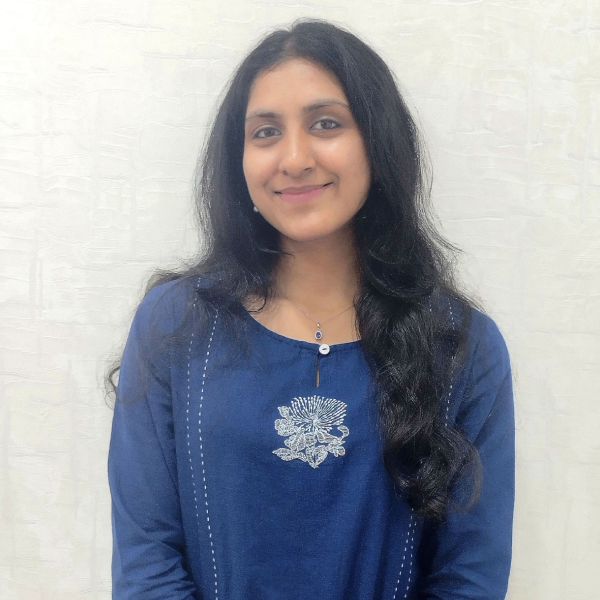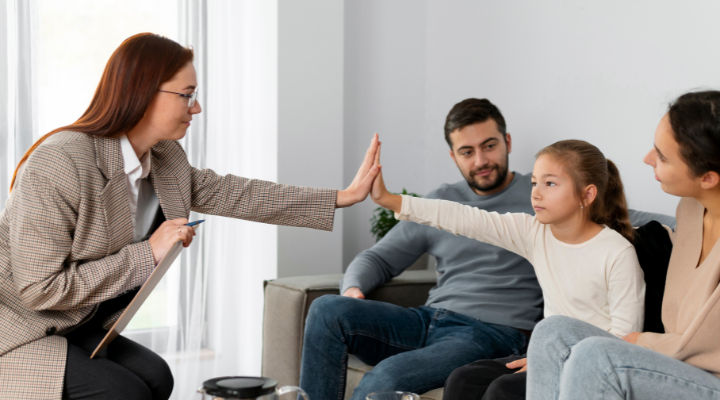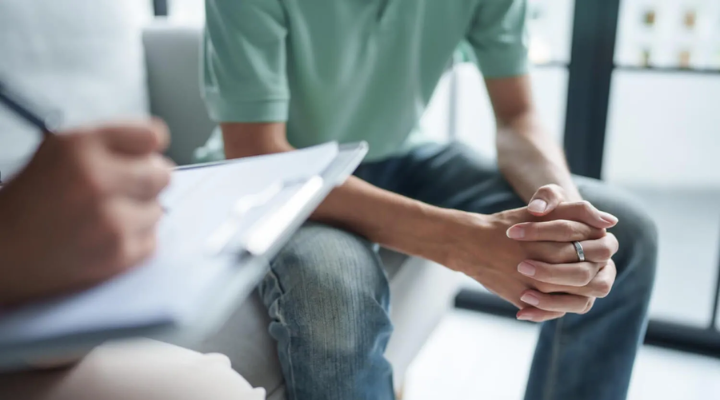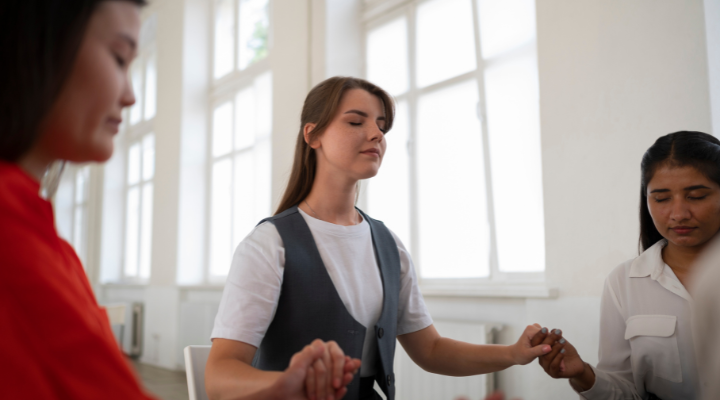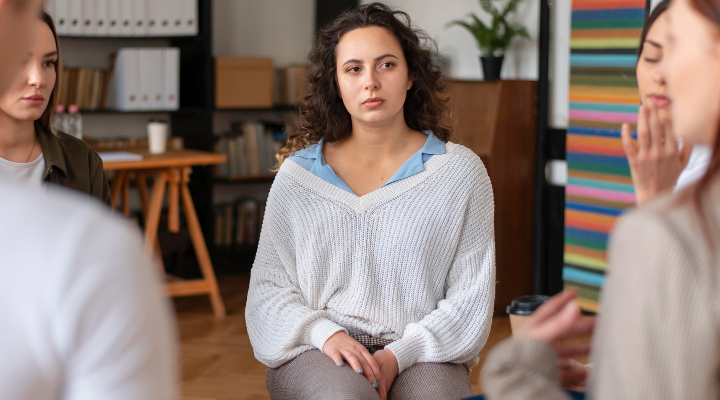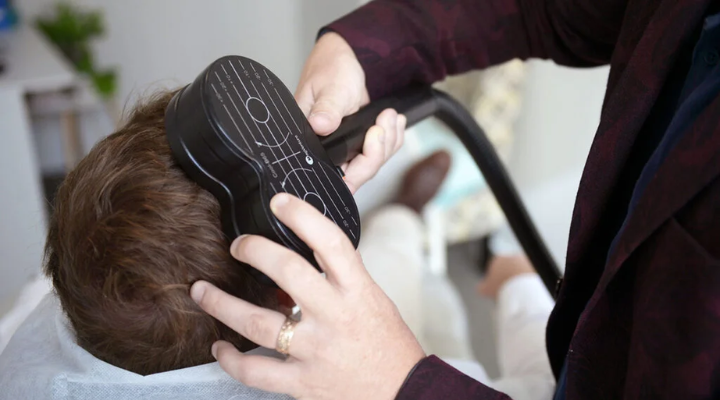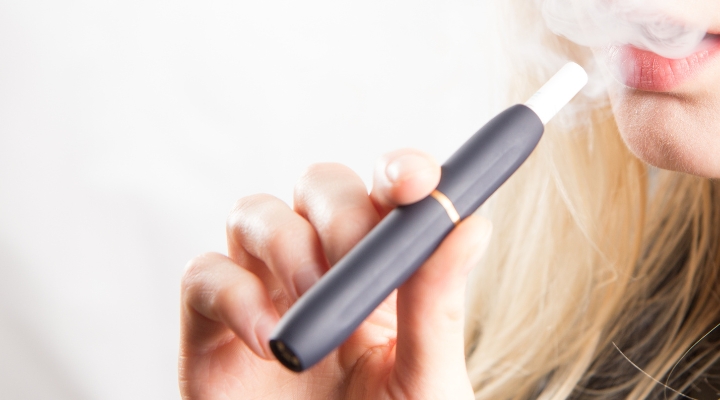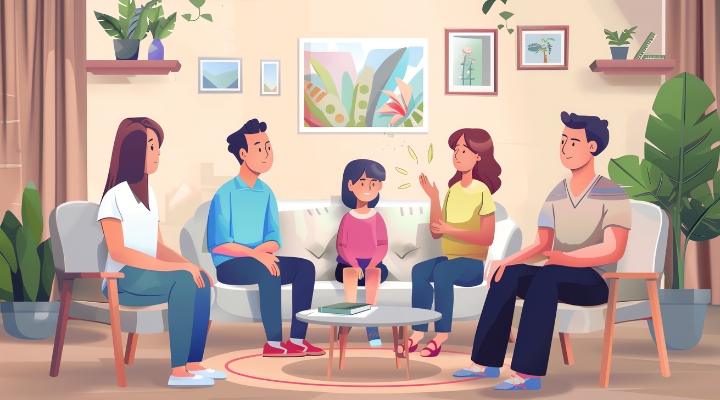Depression Treatment at TMS Mindspace: Your Journey to Recovery
Major depressive disorder can occur at varying levels and affects every sphere of life of an individual, starting from mental health to physical and social interactions. TMS Mindspace, located in Koramangala, Bangalore, specializes in providing holistic depression treatment in Bangalore through novel therapies and caring approaches. Accoladed as a trusted psychiatry clinic in Bangalore, TMS Mindspace helps patients regain poise and achieve lasting results in the journey of treating depression.

Understanding Depression
Depression is a mood disorder that affects millions of people across the globe. It consists of persistent feelings of sadness, loss of interest,along with other symptoms as listed below. It can interrupt normal life and relationships, making mental health support for depression essential.It affects 5% of the overall population across the globe. In Bangalore, depression is becoming more prevalent because of the growing pressures of lifestyle and work.
Recognizing Symptoms Of Depression
Common symptoms of depression include:
- Persistent sadness, irritability, or hopelessness
- Difficulty concentrating or making decisions
- Changes in sleep patterns (insomnia or hypersomnia)
- Fatigue and low energy
- Loss of interest in activities once enjoyed
- Feelings of guilt, hopelessness or worthlessness
Early recognition of depressive symptoms and treatment can significantly improve recovery outcomes. If you or a loved one identifies with any of these symptoms, seeking professional help is the first step toward healing.
Treatment Options at TMS Mindspace
At TMS Mindspace, we provide a range of effective, evidence-based therapies tailored to each patient’s needs. Our team offers support and guidance every step of the way to ensure our patients receive the best care for depression recovery in Bangalore.

Medication Management
For many individuals, medication plays a vital role in managing depression symptoms. Our psychiatrists carefully assess each patient’s condition to prescribe the most suitable medication and dosage. Medication management is a personalized, ongoing process to ensure effectiveness and patient safety.
Therapy Options
Therapies help individuals manage thought patterns, emotional triggers, and behaviors that contribute to depression. We offer several therapy modalities, including:
- Cognitive Behavioral Therapy (CBT): CBT is a proven method for helping patients identify and change negative thought patterns that fuel depression, empowering them with healthier coping mechanisms.
- Interpersonal Therapy (IPT): IPT helps improve interpersonal relationships, which can significantly impact one’s mental health. Through IPT, patients learn strategies to resolve conflicts and build stronger social support systems.
- Mindfulness-Based Therapy: Integrating mindfulness practices can reduce depression symptoms by helping patients remain grounded and present, even during challenging moments.

rTMS Therapy for Depression
One of the most innovative and effective treatments for depression is rTMS therapy for depression in Bangalore. As a non-invasive therapy, rTMS stimulates brain regions involved in mood regulation through targeted magnetic pulses. Especially beneficial for those who have not responded to traditional treatments, rTMS therapy for depression in Bangalore offers a safe and effective solution with minimal side effects.
Benefits of Depression Therapy
With the right treatment, individuals can manage their depression and enjoy an improved quality of life. Key benefits of engaging in depression therapy in Bangalore include:
- Enhanced Emotional Stability: Therapy promotes greater emotional control, helping reduce the frequency and intensity of depressive episodes.
- Stronger Coping Mechanisms: Patients learn healthier ways to manage stress and emotional challenges.
- Improved Relationships: Through therapy, individuals often experience enhanced communication and closer personal relationships.
- Increased Self-Understanding: Therapy encourages personal growth, empowering patients with a deeper understanding of their thoughts and feelings.
Why Choose TMS Mindspace for Depression Treatment?
At TMS Mindspace, we always work toward creating a conducive platform to help our patients feel understood and empowered. Here's why we remain one of the top choices for clinical depression treatment in Bangalore:
- Expert Team of Psychiatrists: Our psychiatrists have extensive knowledge and compassion for each case, providing a personalized approach to clinical depression treatment in Bangalore
- Customized Treatment Plans: Depression varies from person to person. Our staff creates each treatment plan, combining medication with various types of therapy.
- Innovative rTMS Therapy: rTMS is a new and innovative way to treat depression for those where medications have failed or are not wanting to take medication, bringing hope to this population.
- Compassionate and Confidential Care: We understand that talking about mental health can be a challenge. At TMS Mindspace, every patient has a warm and confidentiality maintained space for their journey towards healing.
TMS Mindspace provides top-quality mental health support for depression and other conditions, helping you regain control over your mental health and live a fulfilling life. Reach out to us today to explore how we can support your journey through recovering from depression.
Frequently Asked Questions (FAQs)
- What is depression?
Depression is a mental health disorder characterized by persistent sadness, loss of interest, and various physical and emotional issues that impact daily functioning. - How does rTMS therapy work for depression? rTMS therapy for depression in Bangalore
uses magnetic pulses to stimulate areas of the brain responsible for mood regulation. It’s particularly effective for those who haven’t responded to traditional therapies. - Can therapy help with major depressive disorder?
Yes, various therapies, including CBT, IPT, and rTMS, have proven effective in treating major depressive disorder, helping patients improve coping mechanisms and emotional stability. - How long does therapy take?
The duration varies based on the individual’s specific needs, but many patients notice improvement in symptoms within a few weeks of regular therapy sessions. - Is rTMS safe?
Yes, rTMS therapy for depression is a safe, non-invasive treatment approved by health authorities for depression, with minimal side effects.




